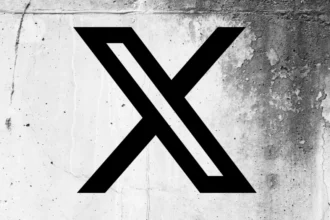The European Union Commission published a voluntary general-purpose AI in July 2025. Its purpose was to help companies align with the EU`s AI Act. But Joel Kaplan, Meta`s Chief Global Affairs, has publicly opted out of signing the general purpose AI (GPAI) Models. The AI Act took effect on August 2, 2025. After that, the EU released the voluntary Ai code of practice in July 2025.
Reasons for Meta`s Objection
Joel Kaplan said that “Europe is going along the wrong path and later said that they have carefully read the European Commission code of practice for general-purpose AI (GPAI) models and meta will not sign it. Consequently, he said that “this code produces several legal uncertainties for model developers, as well as measuring, goes far beyond the scope of AI.”
Politico also reported that 46 leaders of European countries signed an open letter to pause the AI Act for two years.
Meta objectifies that:
- This imposes a threat to innovation
- It will throttle the development and deployment frontier
- Creates obligations
- It may also disclose industry secrets
Demands of EU Code
The code outlines pledges to target foundation model developers.
- Up-to-date documentation on AI tools
- Transparency
- Authentic content and avoid use of pirated data
- Avoid misinformation and take care of security and privacy
What EU AI Act Covers
The European Union Commission AI Act was adopted in 2024, and it is a big legal framework that covers:
- It prohibits psychological manipulation
- It applies to foundation models like ChatGPT
- It has a risk-based classification system
- It also applies to sectors like education
Well, we can say that this is a clash of regulation. As the AI Act is the first comprehensive legal framework, it gives a risk-based classification to help providers through this transition. But Meta has rejected it because of some uncertainties, and it obligated some more aspects of it.




















